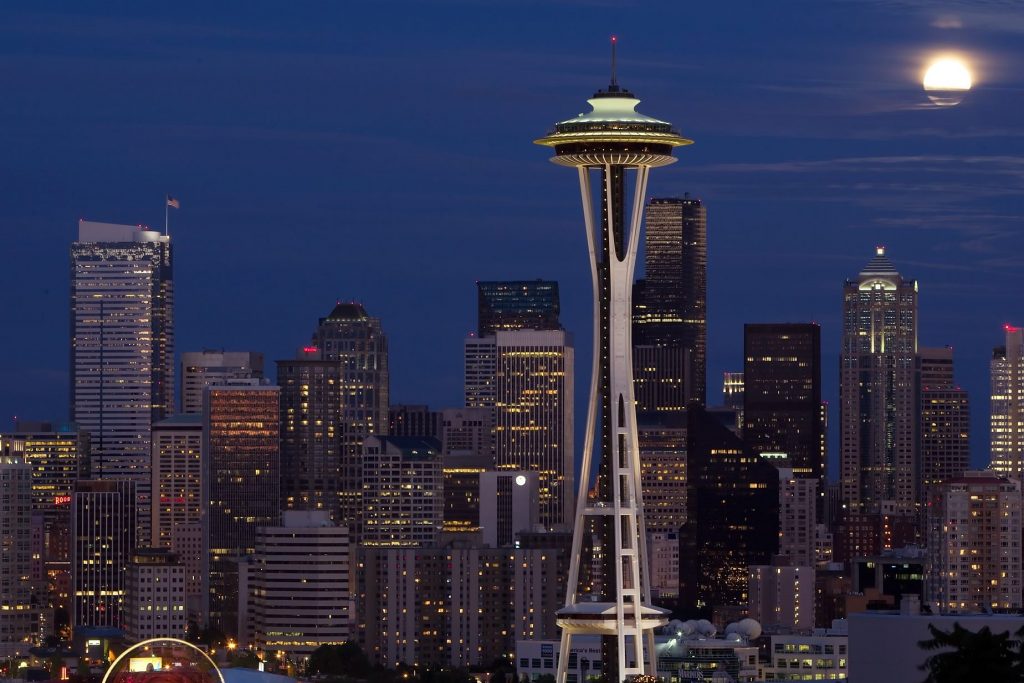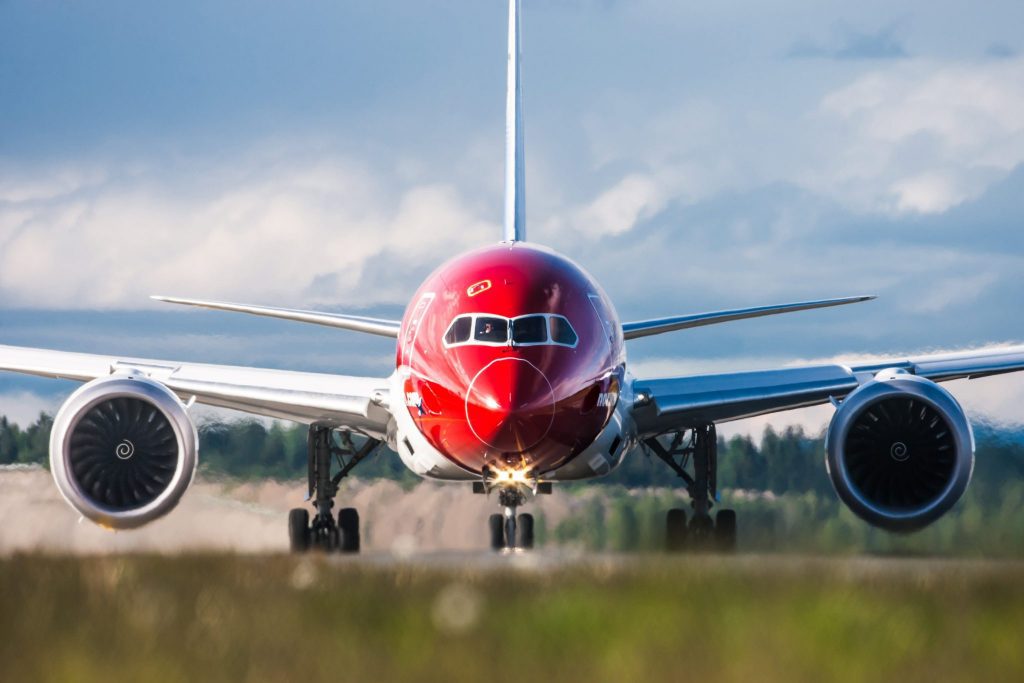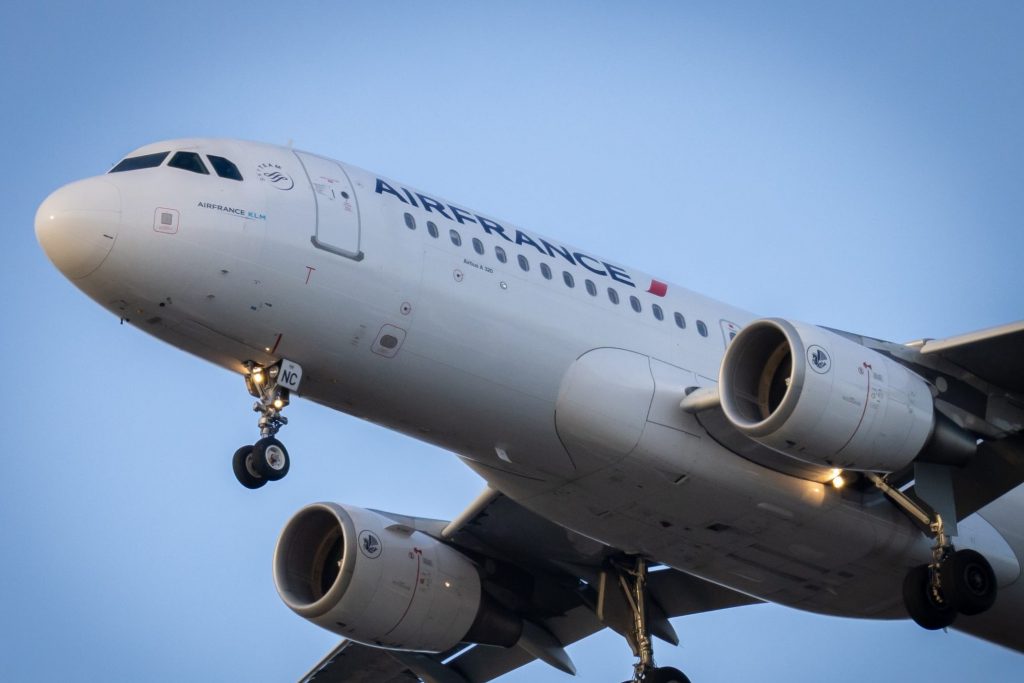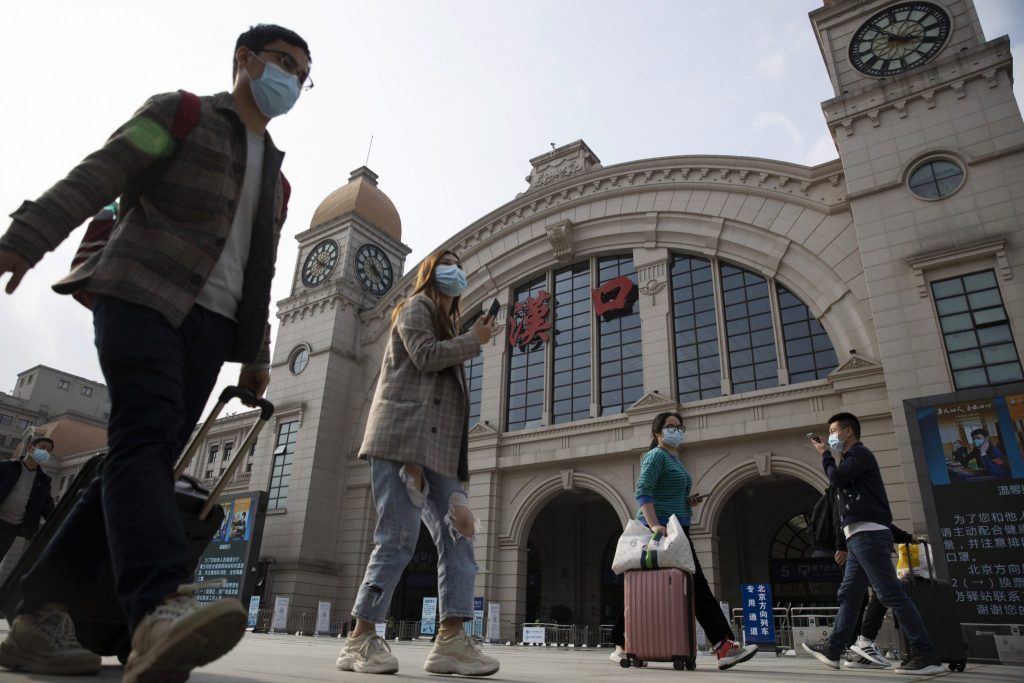Destinations Meet Darwin: How These 23 U.S. Cities Are Adapting to Survive

Seattle’s artists are keeping the energy alive downtown during the quiet of the pandemic by using the protective plywood on suspended businesses as canvases. Cris Pierry / Visual Hunt







